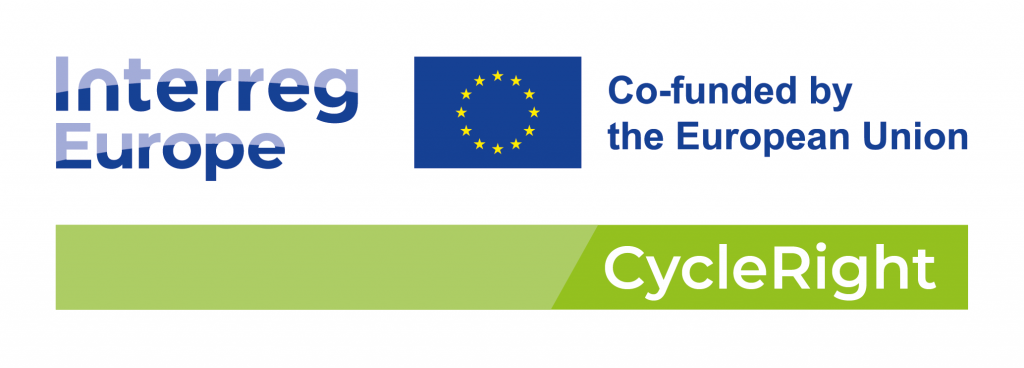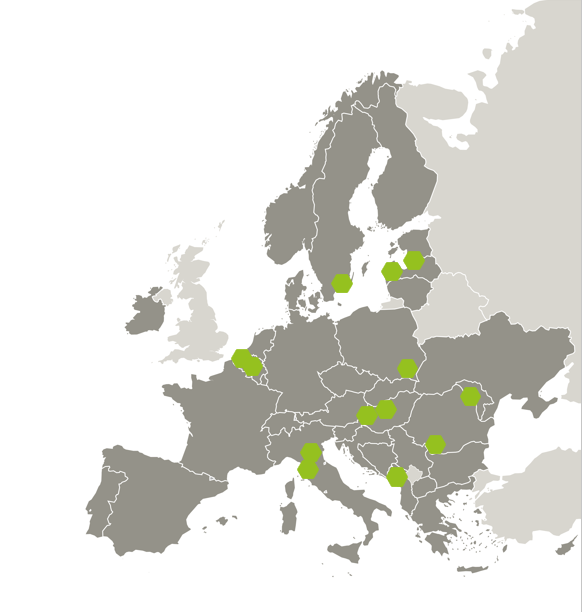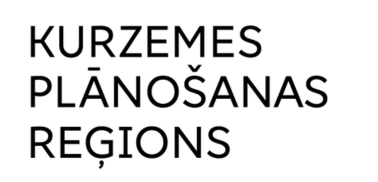
Improving cycling policies with a focus on climate resiliency, accessibility and safety
Cycling in the EU has boomed in recent years, that can be attributed to a number of factors, but what is certain is that the behavioural change during the COVID-19, and the €2.3 billion invested in cycling by the Cohesion Fund in the 2014–2020 period contributed to this phenomenon. In the meantime, urban transport still generates a quarter of CO2 transport emissions, and 69% road accidents occur in cities, underlining the importance of providing citizens with further well-developed and connected cycling infrastructure to offer safe transport alternatives.
Direct effects of climate change have posed further challenges. In just a few years, the question of how to integrate cycling developments into the urban blue and green infrastructures and how to mitigate urban heat island effects while implementing these developments has become a key issue.
Furthermore, when it comes to accessibility, it should be noted that the estimates point at over 100 million people with different level of disabilities living in the EU, raising the question: how can cycling planning react to their needs and those of other vulnerable social groups, including elderly and women?
In the light of the above, a diverse partnership of cities and regional actors has teamed up in CycleRight to improve a set of policy instruments targeting sustainable urban mobility for zero carbon economy, by sharing good practices and knowledge on climate resilient, accessible, safe cycling infrastructure, and integrating the learnings into their organisational operations. This knowledge will be accessible in the Policy Learning Platform of Interreg Europe, and also fed into the Climate Resilient and Inclusive Cycling Planning Guide by the European Cyclists’ Federation.
Interregional learning activities allows us to contribute to the more efficient usage of the €3.2 billion planned for the 2021–2027 period of the Cohesion Policy, not to mention the additional possibilities of the Recovery and Resilience Facility.
Website: https://www.interregeurope.eu/cycleright
Partnership
Lead partner:
West Pannon Regional and Economic Development Public Nonprofit Ltd. (HU)
Project partners:
- European Cyclists’ Federation asbl | ECF (BE)
- Metropolitan City of Bologna (IT)
- Latvian Greenways Association (LV)
- Regional Development Agency South-West Oltenia (RO)
- County Administrative Board of Blekinge (SE)
- Province of Livorno (IT)
- Podkarpackie Region (PL)
- City of Deinze (BE)
- Associated Policy Authorities:
- Ministry of Public Administration and Regional Development (HU)
- Kurzeme Planning region (LV)
- Discovery Partners:
- Ungheni City Hall, Republic of Moldova
Biciklo.me, Montenegro

Kurzeme Planning Region in the CycleRight Project
Kurzeme Planning Region participates in the CycleRight project as an associate partner. Within the project, Kurzeme Planning Region will adopt best practices and knowledge on the development of climate-resilient, accessible, and safe cycling infrastructure, which will promote the implementation of a low-carbon economy and sustainable urban mobility. This knowledge will be used to support and foster the development of the Kurzeme region, adapting it to local conditions and integrating it into regional development planning. Additionally, Kurzeme Planning Region will focus on incorporating these insights into its daily activities and planning, thereby promoting the development of sustainable and accessible transport infrastructure that will be available to both local residents and various social groups.
Facts and information
Programme: INTERREG EUROPE
Project duration:
- Core phase: 01/04/2024 – 31/03/2027 (36 months)
- Follow-up phase: 01/04/2027 – 31/03/2028 (12 months)
- Closure phase: 01/04/2028 – 30/06/2028 (3 months)
Total budget: € 1,843,870
Total budget of Project partner from Latvia: €182,700 EUR
Project CycleRight is implemented within the frame of INTERREG EUROPE Programme, co-funded by the European Regional Development Fund (ERDF)

